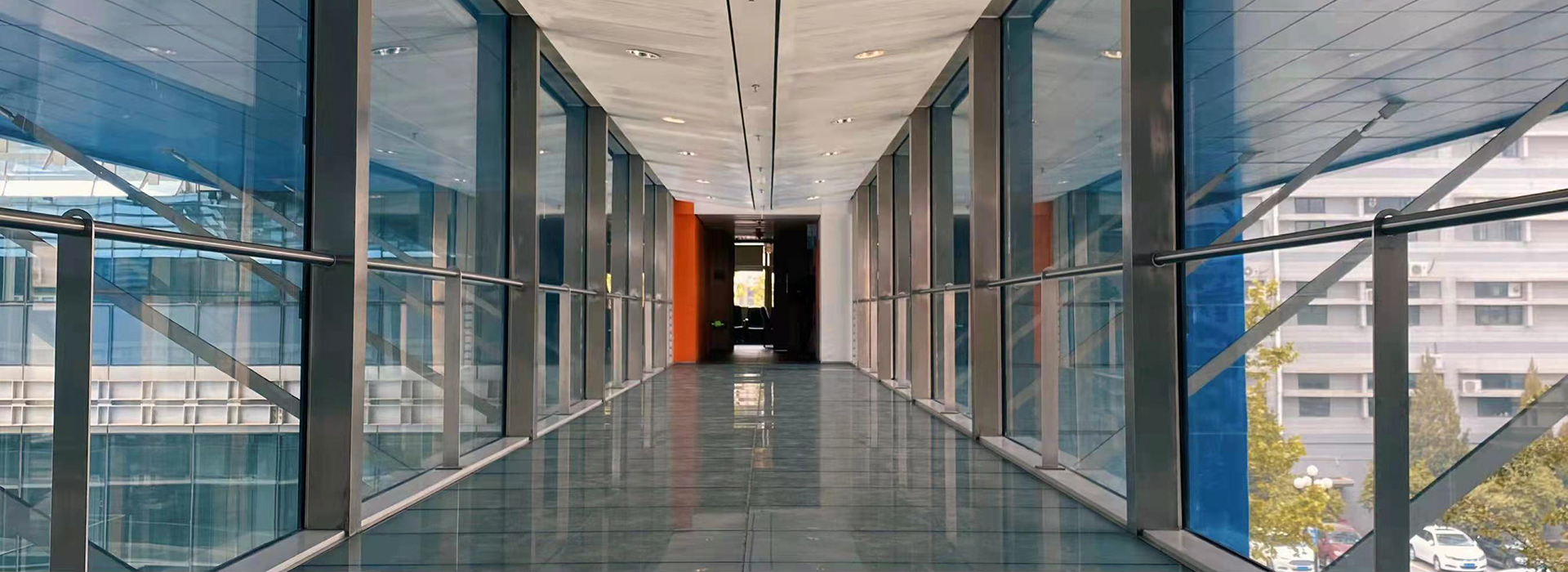Jointly sponsored by the National Natural Science Foundation of China, the Korean Science and Engineering Foundation, Persistent Organic Pollutants (POPs) Research Center in Tsinghua University(THU) and School of Environmental Engineering in Pohang University of Science and Technology(POSTECH), the 3rd Sino-Korean Seminar on Persistent Organic Pollutants (POPs) was held on Jeju Island in Korea from Sep 29 - 30. Yu Gang, the dean of SOE and the Chief of the Persistent Organic Pollutants (POPs) Research Center in Tsinghua University, presented a keynote address as a Chinese organizer and the seminar co-chair. About 30 academic reports were delivered in four main research fields as the analysis and environmental status, the environmental behavior and risk, the disposal and remediation and the policies and strategies of Stockholm Convention controlled substances and a broad sense of POPs substances. Many global, regional and national issues underwent further discussion. More than 40 representatives from THU, Peking University, Zhejiang University, and the Chinese Academy of Sciences, POSTECH, Seoul National University and Pusan National University attended this seminar.
POPs are becoming hot global environmental issues. The Stockholm Convention on Persistent Organic Pollutants, which was signed in 2001 and put into practice in 2004, first mobilized people to take action of eliminating POPs like dioxin and DDT. There are 172 countries that have joined the Stockholm Convention up till now, including China and Korea. These two countries have made great efforts to investigate the POPs list, draft the national implementation plan, develop the scientific and technological research and strengthen public communication and education.





